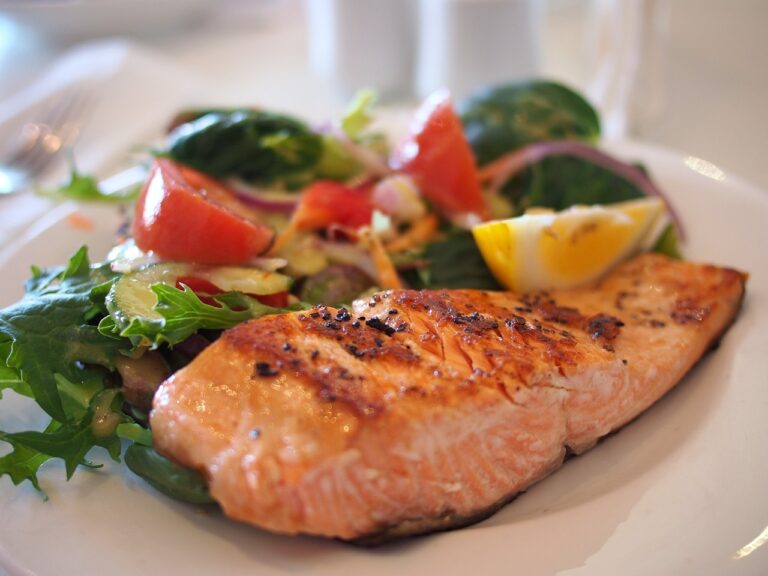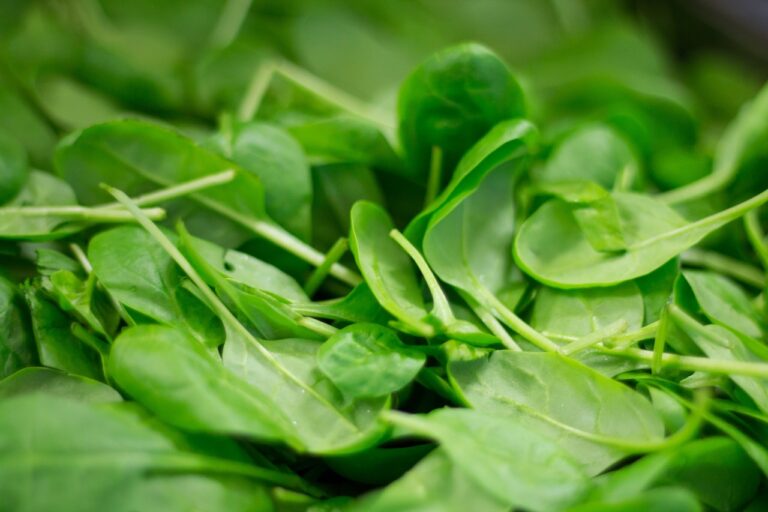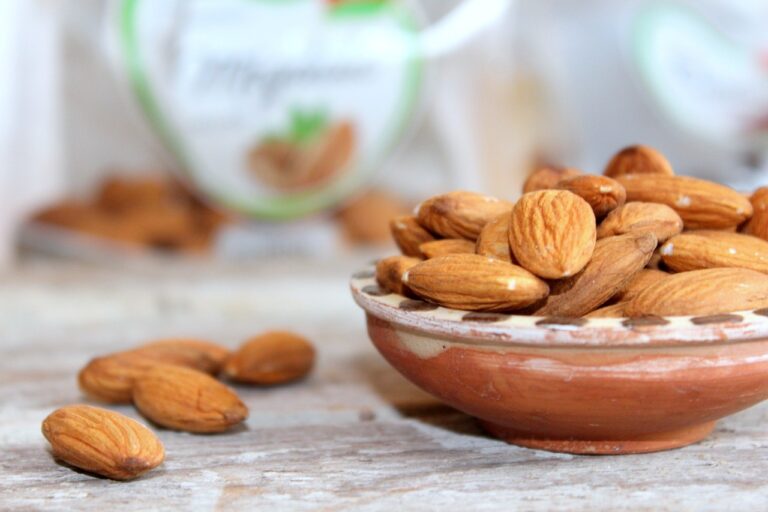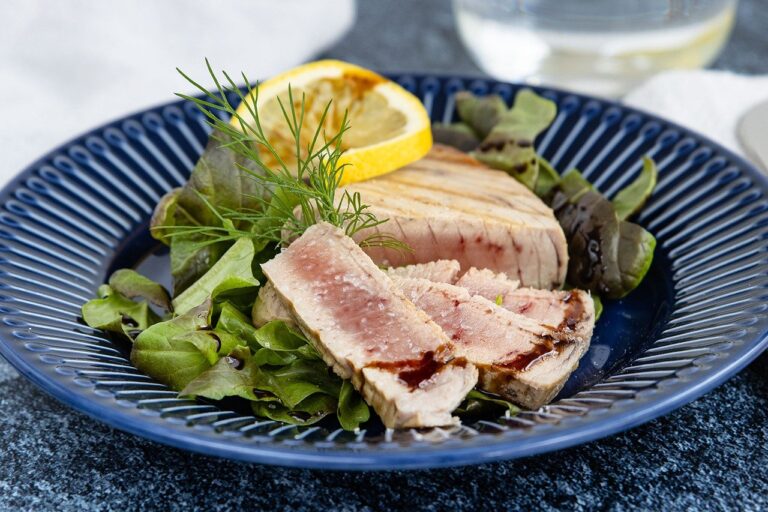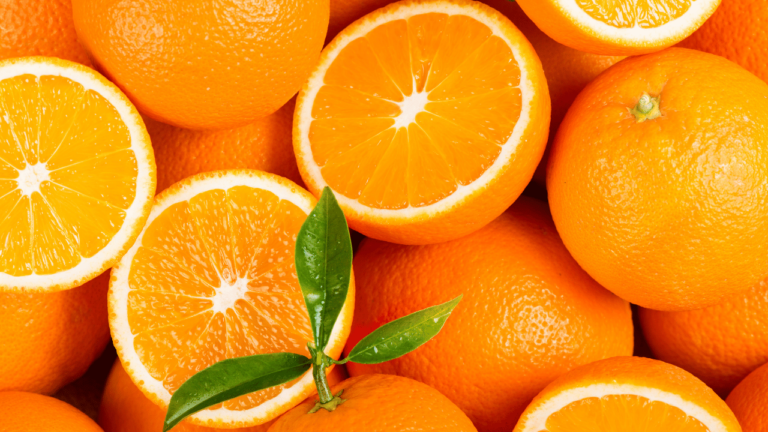10 Foods High In Potassium
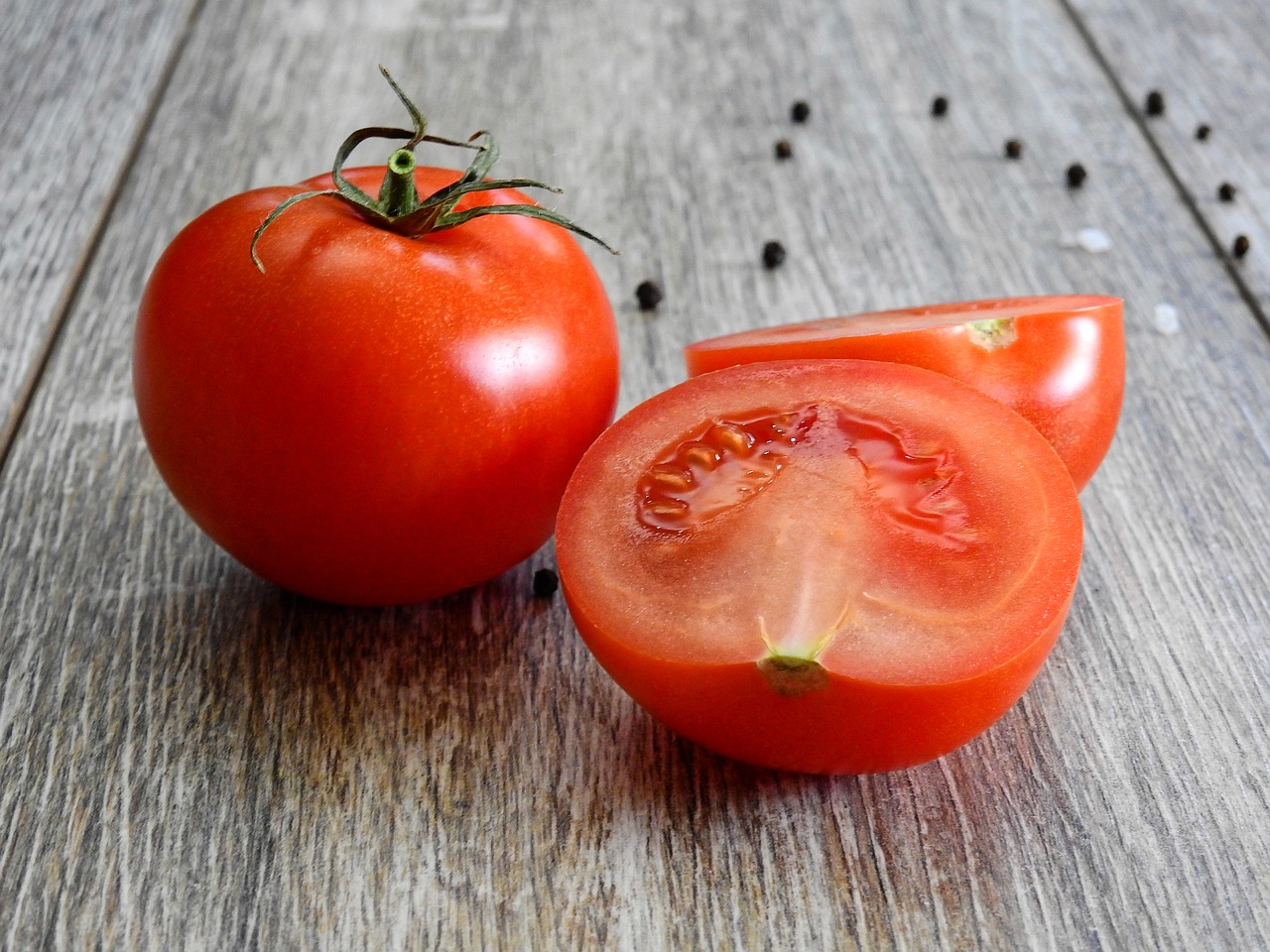
Potassium is a crucial mineral that plays a vital role in maintaining proper bodily functions. It helps regulate fluid balance, muscle contractions, and nerve signals. Consuming an adequate amount of potassium-rich foods can contribute to lowering blood pressure, reducing the risk of kidney stones, and preventing muscle cramps. Here are ten foods that are particularly high in potassium and can easily be incorporated into your diet to help you reap these benefits.
10 Foods High In Potassium
1. Bananas
Bananas are often the first food that comes to mind when thinking about potassium. This popular fruit is not only delicious but also packed with essential nutrients. A medium-sized banana contains about 422 milligrams of potassium, making it an excellent choice for a quick and healthy snack.
In addition to potassium, bananas are rich in vitamins C and B6, fiber, and antioxidants. They can help improve digestion, support heart health, and provide a quick energy boost due to their natural sugars. Incorporating bananas into your diet is simple—they can be eaten on their own, added to smoothies, or used in baking.
2. Sweet Potatoes
Sweet potatoes are another fantastic source of potassium. One medium-sized sweet potato contains around 541 milligrams of this vital mineral. They are also high in fiber, vitamins A and C, and antioxidants, which can help reduce inflammation and support overall health.
These versatile root vegetables can be enjoyed in a variety of ways, including baked, mashed, or roasted. Their natural sweetness makes them a great addition to both savory and sweet dishes. Sweet potatoes can be a healthy alternative to regular potatoes and are particularly beneficial for those looking to increase their potassium intake.
3. Spinach
Spinach is a leafy green vegetable that boasts an impressive potassium content. One cup of cooked spinach provides about 839 milligrams of potassium, making it an excellent choice for those looking to boost their intake. Additionally, spinach is rich in iron, magnesium, and vitamins A and K.
Incorporating spinach into your diet can help improve bone health, support muscle function, and enhance overall vitality. This nutrient-dense vegetable can be added to salads, smoothies, and cooked dishes like soups and stir-fries. Its mild flavor makes it easy to include in a wide range of recipes.
4. Avocados
Avocados are not only creamy and delicious but also a great source of potassium. One medium avocado contains about 975 milligrams of potassium, which is significantly higher than many other fruits. Avocados are also rich in healthy fats, fiber, and various vitamins and minerals.
Including avocados in your diet can help improve heart health, support weight management, and enhance nutrient absorption. They can be enjoyed in numerous ways, such as in salads, on toast, or as a base for guacamole. Their versatility and health benefits make avocados a valuable addition to any meal plan.
5. Potatoes
Potatoes, particularly their skins, are high in potassium. A medium-sized baked potato with the skin on contains around 926 milligrams of potassium. In addition to potassium, potatoes are a good source of vitamin C, vitamin B6, and fiber.
Potatoes can be prepared in many ways, including baking, boiling, or roasting. Keeping the skin on maximizes their nutritional value. They can be used in a variety of dishes, from hearty stews and soups to simple side dishes like mashed or roasted potatoes.
6. Beans
Beans, including varieties like kidney beans, black beans, and white beans, are excellent sources of potassium. One cup of cooked beans contains around 600-700 milligrams of potassium. Beans are also high in protein, fiber, and essential vitamins and minerals.
Incorporating beans into your diet can help support heart health, improve digestion, and provide sustained energy. They can be added to salads, soups, stews, and casseroles. Their versatility and nutrient density make beans a valuable addition to a balanced diet.
7. Tomatoes
Tomatoes are another potassium-rich food that can easily be included in your diet. One medium tomato contains about 292 milligrams of potassium, while a cup of tomato juice provides around 534 milligrams. Tomatoes are also high in vitamins C and K, as well as antioxidants like lycopene.
Consuming tomatoes can help support heart health, improve skin health, and reduce inflammation. They can be eaten raw in salads, cooked in sauces, or blended into juices and soups. Their bright flavor and numerous health benefits make tomatoes a staple in many cuisines.
8. Oranges
Oranges and orange juice are well-known for their high vitamin C content, but they are also rich in potassium. One medium orange contains about 237 milligrams of potassium, while a cup of orange juice provides around 496 milligrams. Oranges are also high in fiber and antioxidants.
Including oranges in your diet can help boost your immune system, support heart health, and improve skin health. They can be eaten on their own, added to salads, or juiced for a refreshing drink. Their sweet and tangy flavor makes them a favorite fruit for many people.
9. Yogurt
Yogurt is a nutritious dairy product that is high in potassium. One cup of plain yogurt contains around 573 milligrams of potassium. Yogurt is also an excellent source of protein, calcium, and probiotics, which are beneficial for gut health.
Consuming yogurt regularly can help support bone health, improve digestion, and provide a good source of protein for muscle maintenance. It can be enjoyed on its own, mixed with fruits and nuts, or used as a base for smoothies and sauces. Yogurt’s versatility and health benefits make it a popular choice for many.
10. Salmon
Salmon is a fatty fish that is not only rich in omega-3 fatty acids but also a good source of potassium. A 3-ounce serving of salmon contains around 416 milligrams of potassium. Salmon is also high in protein and essential vitamins and minerals, including vitamin D and B vitamins.
Including salmon in your diet can help support heart health, improve brain function, and provide anti-inflammatory benefits. It can be grilled, baked, or pan-seared and pairs well with a variety of vegetables and grains. Salmon’s nutritional profile and delicious flavor make it a valuable addition to a healthy diet.

